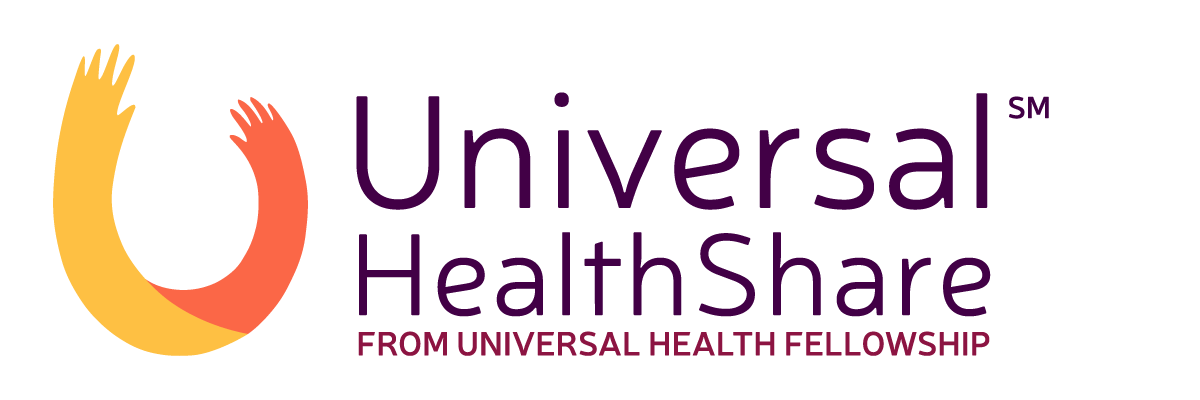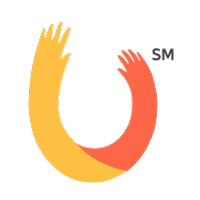National Aphasia Awareness Month is held in June as part of an initiative to raise public awareness of the language disorder and to acknowledge the many people who live with or care for those with aphasia. To learn how you can spread awareness during National Aphasia Awareness Month, visit the National Aphasia Association’s website.
What is Aphasia?
Aphasia is a language disorder affecting the parts of the brain that facilitate language and communication. This condition affects a person’s ability to speak, write, and understand language.
Who Develops Aphasia?
While anyone can acquire aphasia, most people are middle-aged or older. Aphasia typically occurs after a stroke or traumatic head injury, or alongside the development of a brain tumor.
Although many suffer from this language disorder (2 million people in the United States alone), 84.5% of people have never heard of aphasia. Of those that have, 34.7% are only aware of aphasia because they have it or know someone that does.
What are the Signs of Aphasia?
It’s important to remember that aphasia is a sign of some other condition. If you’re experiencing any of the following symptoms, it’s vital to reach out to your doctor immediately.
According to the Mayo Clinic, a person with aphasia may:
- Speak in short or incomplete sentences
- Speak in sentences that don’t make sense
- Substitute one word for another or one sound for another
- Speak unrecognizable words
- Not understand conversations or written sentences
- Write sentences that don’t make sense
What are the 3 Types of Aphasia?
The 3 types of aphasia serve to highlight the different strengths and weaknesses present in different types of aphasia.
- Expressive (Broca’s) Aphasia
- Those with Broca’s Aphasia usually understand what others are saying better than they can express themselves. People with this type of aphasia struggle to get words out, speak in short sentences, and omit words altogether.
- Broca’s Aphasia is associated with right-sided paralysis and weakness.
- Comprehensive (Wernicke’s) Aphasia
- Those with Wernicke’s Aphasia tend to speak easily in long, complex sentences that don’t make sense. Often these sentences include unrecognizable, incorrect, or unnecessary words. Those suffering from Wernicke’s Aphasia typically don’t understand spoken language well and don’t realize that others can’t understand them.
- Global Aphasia
- Those with Global Aphasia usually struggle with comprehension and have problems forming words and sentences. This is the most severe form of aphasia.
What is the Treatment for Aphasia?
The treatment for aphasia focuses primarily on improving communication skills. This is facilitated by a speech-language pathologist who may utilize reading, writing, and listening exercises, as well as repetition of words to improve communication. Other exercises can include re-learning facial expressions and gestures or even pointing to pictures or words to communicate.
While speech therapy is the most common form of treatment, several new treatments are currently being tested. Click here for more information on specific types of treatments offered to those with aphasia.
Because aphasia is a sign of a serious problem, such as a brain tumor or stroke, call 911 immediately if you suddenly develop:
- Weakness or numbness on one side of the body
- Trouble seeing
- Dizziness or trouble walking
- Headache for no reason
- Confusion or trouble talking and understanding
For more information on strokes and to review the warning signs, check out our blog The Fast Facts on Strokes.
To learn more about aphasia, visit the National Aphasia Association’s website.


